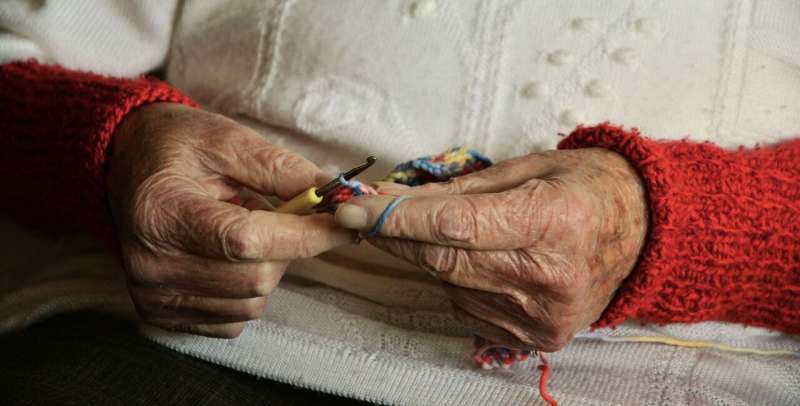Credit: Pixabay/CC0 Public Domain
A researcher suggests that much of the information we have about humans living to a very old age is flawed, including the science behind the famous “blue zones” known for their high number of centenarians.
The quest for longevity has led to a thriving industry offering supplements, books, technology, and advice to those seeking to uncover the secrets of long-lived individuals.
Saul Justin Newman from University College London’s Centre for Longitudinal Studies revealed that data on extreme old age is often unreliable.
In his recent study under peer review, Newman analyzed information on centenarians and supercentenarians in various countries like the US, Italy, England, France, and Japan.
Surprisingly, he discovered that supercentenarians often hailed from regions with poor health conditions, high poverty rates—and inadequate record-keeping systems.
Newman humorously suggested that the key to extreme longevity might involve residing where birth certificates are scarce and engaging in pension fraud while telling lies. He even received an Ig Nobel prize in September for his findings.
Published on 2024-12-14 03:15:02
Article sourced from phys.org
